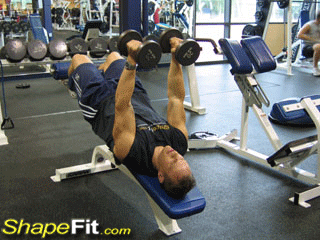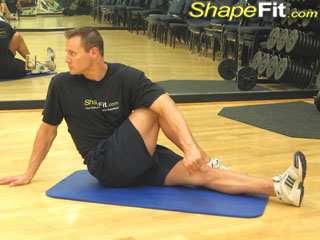Why Do My Legs Feel Heavy When Running?
2. Dehydration: Proper hydration is crucial for athletic performance. When your body lacks sufficient fluids, your muscles may experience fatigue and feel heavy. Make sure to stay hydrated by drinking water or sports drinks before, during, and after your runs.
3. Mineral Deficiencies: Electrolytes like sodium, potassium, and magnesium play a vital role in muscle function. Deficiencies in these minerals can cause muscle fatigue and weakness. Include foods rich in electrolytes or consider taking an electrolyte supplement to ensure you're getting enough of these essential nutrients.
4. Muscle Damage: Strenuous running can cause micro-tears in muscle fibers, leading to inflammation and muscle soreness. This can make your legs feel heavy and stiff. Practice active recovery, such as light exercise, stretching, and massage, to help your muscles recover more quickly.
5. Nutritional Factors: Not fueling your body properly before and during runs can result in low blood sugar levels and reduced energy, leading to heavy legs. Eat a balanced diet and consume a carbohydrate-rich meal or snack before your runs to provide your muscles with the energy they need.
6. Circulation Issues: Certain medical conditions, such as poor circulation or varicose veins, can cause heavy legs. If you're experiencing significant or persistent heaviness in your legs, consult a doctor to rule out any underlying health problems.
7. Lack of Warm-Up: Starting a run without warming up can make your muscles feel tight and heavy. Take the time to warm up with dynamic stretches and a brisk walk before transitioning into your run.
8. Inadequate recovery: Ensure you allow sufficient time for your legs to rest between training sessions. Incorporating rest, active recovery, and cross-training into your routine can help prevent muscle fatigue.
9. Incorrect footwear: Running shoes that don't provide adequate support or cushioning can contribute to leg fatigue. Make sure your running shoes fit well and offer the necessary support for your feet and ankles.
10. Overweight or obesity: Carrying extra weight can put a strain on your legs, making them feel heavier during runs. Gradually working on weight loss, combined with regular exercise, can help reduce the heaviness in your legs.
Remember, consulting with a healthcare professional or a sports medicine expert can provide you with more personalized advice and guidance based on your specific situation.
-
Decline Dumbbell Flyes – Chest Exercise Guide with Photos
Exercise Advice: This exercise is very similar to both
-
Straight Leg Stretch – Pilates Exercise Guide with Photos
Pilates Exercise Instructions: In neutral lie on back,
-
Standing Torso Reach – Stretching Exercise Guide with Photos
Exercise Advice: Stand with your feet shoulder width a
-
2 Leg Supine Elevated Bridge – Core Exercise Guide
Exercise Advice: Align feet under knees close to hips.
-
Seated Towel Neck Resistance – Neck Exercise Guide
Exercise Advice: Grab a small to medium-sized towel an
-
Weight Loss Exercises for Kids
Chris is a ten year old who spends most of his time in his own room pl
- Exercise Guides
- Count Your Steps To A New Goal
- Leg Presses – Butt Exercise Guide with Photos
- Exercise Ball Butt Raises – Butt Exercise Guide with Photos
- Exercise Ball Butt Lifts – Exercise Ball Instructional Guide
- Double Leg Stretch Intermediate – Pilates Exercise Guide
- V Bar Pushdown – Triceps Exercise Guide with Photos
- Decline Dumbbell Extensions – Triceps Exercise Guide
- Jumping Lunges – Bodyweight Cardio Exercise Guide with Photos
- One Arm Pushups – Medicine Ball Exercise Guide with Photos
- Lying Leg Curls – Hamstring Exercise Guide with Photos



